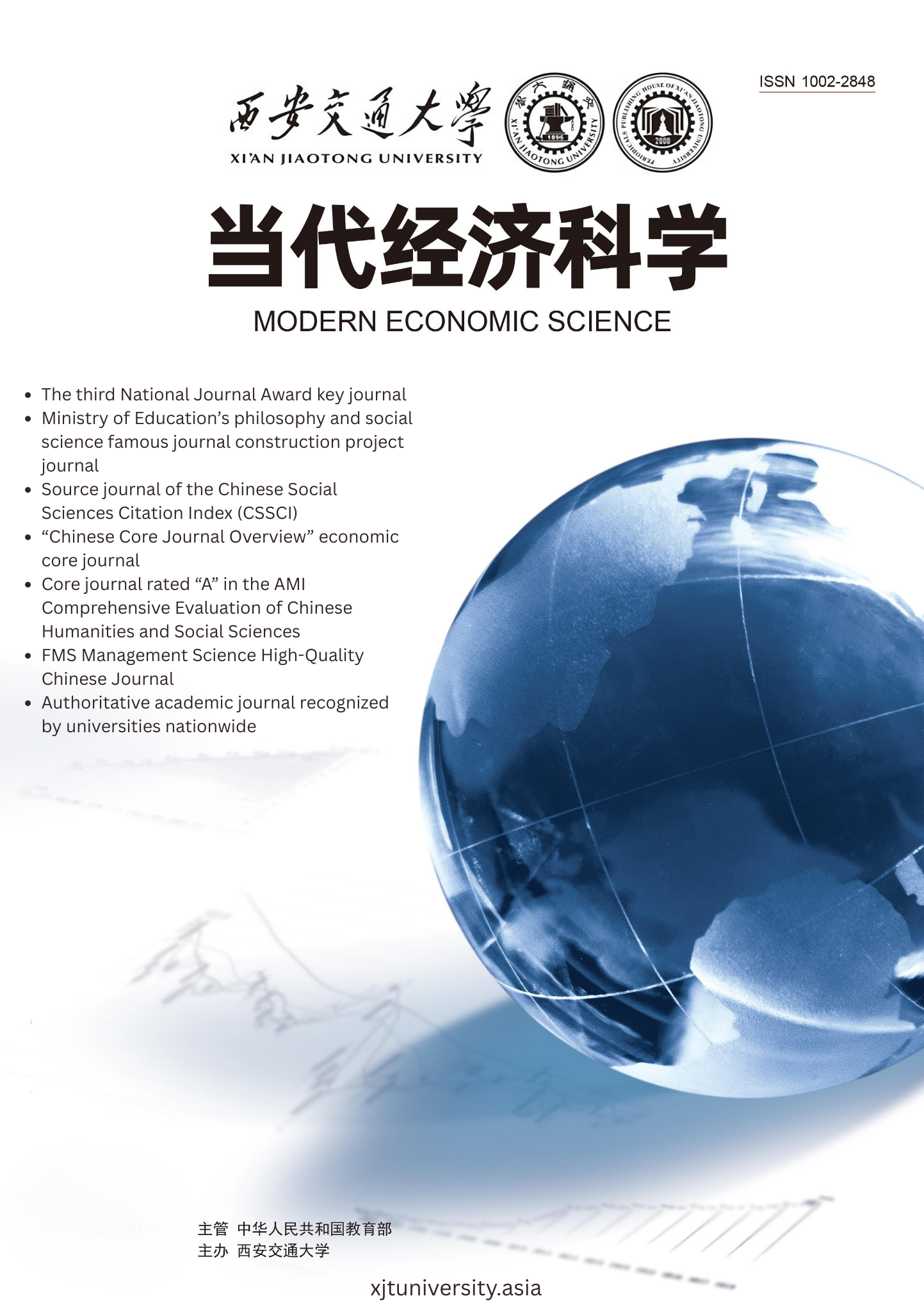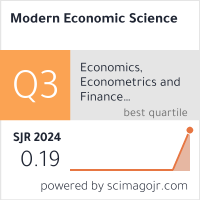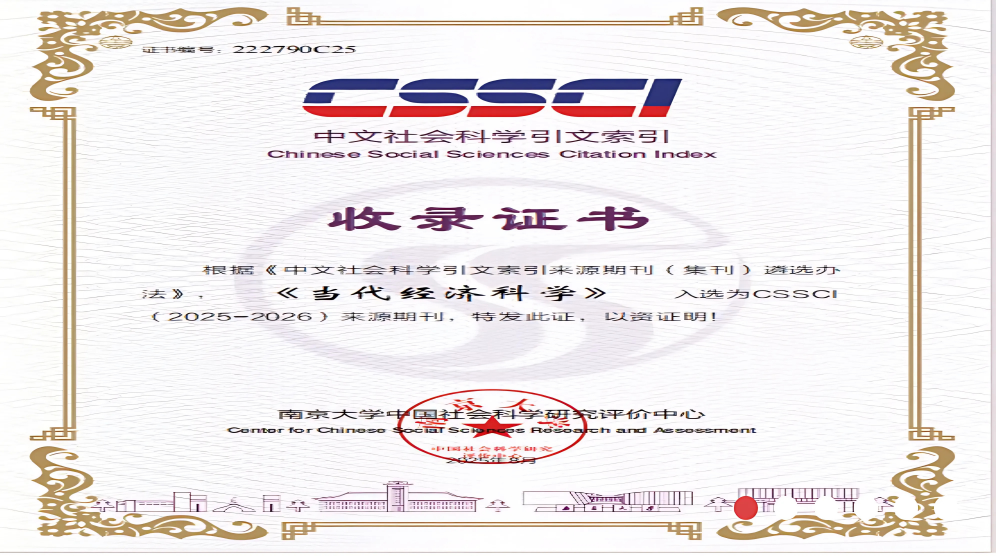
Publication Ethics
Allegation of Research Misconduct
Research misconduct is defined as the production, performance, or review of research; the drafting of an article by authors; or the reporting of research findings through fabrication, falsification, citation manipulation, or plagiarism. Editors must maintain the integrity and correctness of the scientific record when authors are discovered to have engaged in research misconduct or other significant irregularities regarding papers that have been published in scientific journals.
To help them settle the complaint and equitably handle any alleged misbehavior, the Editors and Editorial Board will apply COPE's best practices. The Editors will look into the accusation as part of this. If such misbehavior is discovered in a submitted manuscript, it will be rejected. A retraction can be published and linked to the original article in situations where a published work is discovered to include such wrongdoing.
The claims are communicated with the corresponding author, who is asked to react in detail on behalf of all co-authors, whether there is a likelihood of scientific misconduct or the existence of any significant anomalies in the research. Additional review and expert engagement (e.g., statistical reviewers) may be engaged after the answer has been received and assessed. In situations when misbehavior is unlikely to have happened, letters to the editor with explanations, further analyses, or both often together with a correction notice and a correction to the published article, are enough.
Institutions are supposed to look into claims of scientific misconduct in a suitable and comprehensive manner. Ultimately, authors, journals, and organizations need to ensure the accuracy and veracity of the scientific record. Modern Economic Science will continue to fulfill its obligations to ensure the validity and integrity of the scientific record as outlined in the Plagiarism Policy and R-W-C Policy by appropriately responding to concerns about scientific misconduct and taking the necessary actions based on the evaluation of these concerns, such as retractions, retractions with replacement, and corrections.
Complaints and Appeals
There will be a defined process in place at Modern Economic Science for addressing grievances directed at the journal, its editors, its board, or its publisher. The respected individual will receive clarification on the complaint's case. Anything about the Modern Economic Science, such as the editorial process, discovered citation manipulation, unfair editor/reviewer, peer-review manipulation, etc., is covered by the complaints. The complaint cases will be handled in compliance with COPE regulations.
Ethical Oversight
To adhere to the ethical guidelines for doing research involving persons and animals, the author must explicitly state in the paper any exceptional risks associated with the use of substances, humans, animals, techniques, or equipment. If necessary, the association or legal organization's legal ethical approval must be provided by the authors. The writers should provide a clear justification for any research involving private information and business/marketing strategies, regardless of whether the data or information will be safely buried.
Duties and Responsibilities of Editors
- Publication Decisions
Editors make sure that at least two subject-matter experts peer-review every paper that is submitted for consideration for publication. The Principal Editor is in charge of selecting which of the manuscripts submitted to the journal will be published. This decision is made after considering the work's validity, significance to readers and researchers, reviewers' feedback, and any applicable laws about plagiarism, copyright violations, and libel. When making this choice, the editor may consult with other editors or reviewers.
- Fair Play
Regardless of the author's race, gender, sexual orientation, ethnic origin, citizenship, religious belief, political philosophy, or institutional affiliation, editors only consider a manuscript's academic merit (importance, originality, validity of the study, and clarity) and relevance to the journal's scope. Government regulations or those of any other organization other than the magazine itself do not influence editorial and publication decisions. The journal's entire editorial content and the schedule of its release are entirely within the Principal Editor's control.
- Confidentiality
Only the corresponding author, reviewers, prospective reviewers, other editorial advisers, and the publisher, if applicable, may be informed about a submitted article by editors or editorial staff.
- Disclosure and conflicts of interest
Without the author's express written approval, editors will not utilize unpublished information revealed in a submitted work for their study. Any thoughts or privileged information that editors get while working on the text will be kept private and not utilized for their benefit. When editors have competing, collaborative, or other relationships or connections with any of the authors, companies, or institutions associated with the papers, they will not consider the manuscript; instead, they will ask another member of the editorial board to handle the manuscript.
- Management of unethical behavior(s)
When ethical concerns are raised about a submitted manuscript or published article, editors and the publisher or publishers should respond logically. Even if unethical publishing practices are uncovered years after publication, every reported instance will be investigated. Because of this, the Ethics Advisory Board at Modern Economic Science is composed of legal professionals with expertise in intellectual property rights.
Duties and Responsibilities of Authors
- Reporting Standards
After accurately describing the work done and the outcomes, the authors of original research should objectively analyze the work's relevance. Enough information and citations should be included in the manuscript to enable others to duplicate the work. While editorial "opinion" or perspective pieces should be explicitly marked as such, review articles should be factual, impartial, and thorough. It is unprofessional and immoral to make false or intentionally misleading claims.
- Data access and retention
When submitting a work for editorial review, authors are asked to submit the raw data. They should also be ready to make the data publicly available and, in any case, be ready to keep the data for a fair amount of time after publication.
- Originality and plagiarism
Authors should make sure that their writing is unique and that any instances in which they have borrowed words or ideas from others have been properly referenced or quoted. Plagiarism can take many different forms, such as "passing off" someone else's work as one's own, copying or paraphrasing significant portions of someone else's work without giving credit, or claiming findings from someone else's study. All types of plagiarism are prohibited and represent unethical publication practices. To make sure the paper is unique, we will use a plagiarism detector to review each piece. Additionally, a note from the author or authors attesting to the article's lack of plagiarism should be included with every submission.
- Multiple, redundant, or concurrent publications
It is not appropriate for papers that describe almost identical research to appear in multiple journals or original publications. Therefore, a paper that has previously been published in another publication should not be submitted for consideration by the authors. Concurrently submitting a paper to many journals is an improper and unethical publishing practice.
- Acknowledgment of sources
In addition to appropriately acknowledging the work of others, authors should reference publications that have influenced their understanding of the nature of the study they have described. It is forbidden to use or report information that has been gained privately (via discussions, letters, or conversations with other parties) without the source's express, written consent. Unless they have the express written consent of the author or authors of the work involved in these services, authors should not utilize information they have acquired while performing confidential services like reviewing grant applications or manuscripts.
- Authorship of the paper
Only those who significantly contributed to the idea, planning, implementation, or interpretation of the presented work should be listed as authors. Co-authors should include everyone who has contributed significantly. Other people who have contributed to certain significant parts of the research endeavor should be recognized or cited as contributors. All co-authors should have viewed and approved the final draft of the work and consented to its submission for publication, according to the corresponding author.
- Fundamental errors in published works
It is the responsibility of the author to quickly inform the journal editor or publisher of any substantial errors or inaccuracies in their published work and work with the editor to get the paper retracted or corrected. It is the author's responsibility to swiftly withdraw or revise a published work if the editor or publisher discovers through a third party that it includes a serious error, or to provide proof to the editor that the original paper was correct.
- Hazards and human or animal subjects
The author must explicitly state in the manuscript any exceptional risks associated with the use of any substances, processes, or equipment used in the work. The author should make sure that the manuscript includes a statement stating that all procedures were carried out by applicable laws and institutional rules and that the relevant institutional committee or committees have authorized them if the study involves the use of human or animal subjects. The paper should mention that informed consent was acquired before using human participants for experiments. Human subjects' right to privacy must always be respected.
The author should make sure that the study reported has been conducted in compliance with the Declaration of Helsinki, which is the World Medical Association's Code of Ethics for research involving human participants.
- Declaration of competing interests
Any financial or personal ties to other individuals or groups that can be seen as improperly influencing (biasing) an author's work should be disclosed in the manuscript. Disclosure of all funding sources for the research and/or article preparation is required, as is the involvement of any sponsors in the study design, data collection, analysis, and interpretation, report writing, and decision to submit the article for publication. This should be mentioned if the financing source or sources were not involved in this way. The manuscript/paper template requires the author to disclose any conflicting interests.
- Image integrity
Enhancing, obscuring, moving, removing, or adding a certain characteristic to a picture is not permissible. Brightness, contrast, and color balance adjustments are permissible provided they don't obfuscate or remove any information from the original. It is OK to alter photographs to increase clarity, but doing so for other reasons may be viewed as a breach of scientific ethics and will be handled appropriately. The authors should adhere to whatever special guidelines the relevant publication may have established for graphics, such as including the original images in the paper as supplemental material or storing them in an appropriate repository.
Duties and Responsibilities of Reviewers
- Participation in Editorial Choices
Peer review helps the editor make editorial choices, and it may also help the author improve the manuscript through editorial correspondence.
- Timeliness
Any chosen referee who believes he is not competent to assess the research presented in a manuscript or who is aware that he will not be able to review it promptly should inform the editor and withdraw from the review process.
- Maintaining confidentiality
Manuscripts submitted for consideration must be handled with confidentiality. Only those who have been permitted by the editor may see or discuss them.
- Objectivity Standards
Reviews have to be carried out impartially. It is improper to criticize the author personally. Referees should clearly state their opinions and provide evidence to back them up.
- Source acknowledgment
Reviewers ought to find pertinent published work that the authors haven't included. Any claim that a certain observation, deduction, or argument has already been published should be supported by the appropriate reference. Any significant resemblance or overlap between the manuscript being reviewed and any other published work of which the reviewer is personally aware should also be brought to the editor's notice.
- Conflict of Interest and Disclosure
Peer-reviewed ideas or privileged knowledge must be kept confidential and not exploited for personal gain. Manuscripts containing conflicts of interest arising from competing, cooperative, or other ties or affiliations with any of the authors, businesses, or organizations associated with the articles should not be considered by reviewers.








